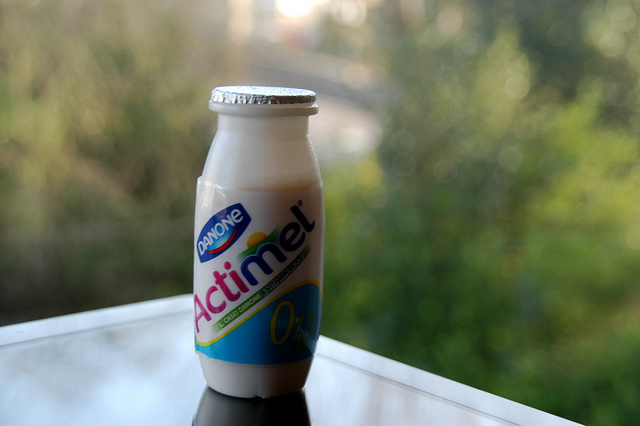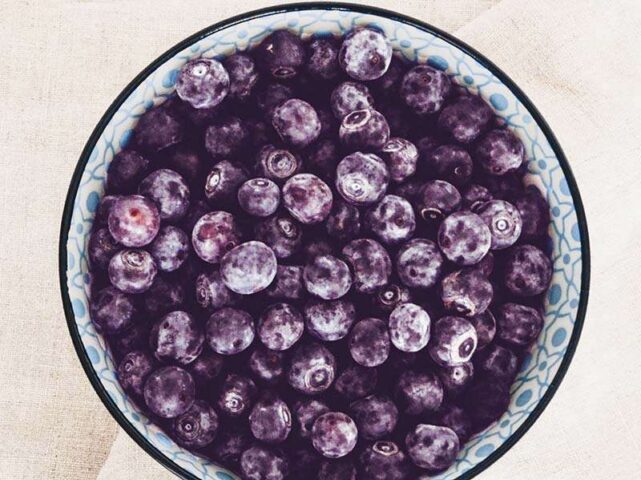What’s the Deal with … Probiotics?

by Laura Cipullo, Whole Nutrition Services Team
In 2013, I sat down with Fox Business News’ Gerri Willis to talk in-depth about this.
As you’ll see in the clip, I explained that probiotics are excellent for balancing the GI tract.
They work on conditions like constipation, abdominal pain and bloating, or to prevent diarrhea or a yeast infection while you take a round of antibiotics. Research has found they can decrease your chance of getting diarrhea while taking antibiotics by a whopping 42%. There is good evidence that points towards Lactobacillus GG (a strain of probiotic) working to treat diarrhea in children and infants. According to Harvard, “Controlled trials have shown that Lactobacillus GG can shorten the course of infectious diarrhea in infants and children (but not adults). Although studies are limited and data are inconsistent, two large reviews, taken together, suggest that probiotics reduce antibiotic-associated diarrhea by 60%, when compared with a placebo.”
You can find Lactobacillus GG in Culturelle, which comes in a special kids’ version. In addition, I sell high-quality probiotics (along with a range of other healthful products backed by the highest standards of scientific research) on my Metagenics homepage.
As for yogurt, some brands emphasize that they have special probiotic cultures, but there’s no need to spend the extra money — all yogurt has probiotics, so any brand will do. What you are getting in supplements is less clear as the FDA does not regulate them, but you can use a third-party company like ConsumerLab.com, which can tell you if the supplement label is accurate. Also be sure to read the label to find out if your probiotic needs to be refrigerated or not. (Stores like the Vitamin Shoppe even have a special little refrigerator in the store to keep the probiotics cool.)
Something else I talk about in the clip are prebiotics. Prebiotics, an indigestible form of sugar, are sometimes added to probiotics to make them work better.
Check out the clip to see me explain more about what probiotics can do, and this list of the top 10 probiotic foods to add to your diet.
Some of these might take a little bit of searching to find, but it’s worth it!







